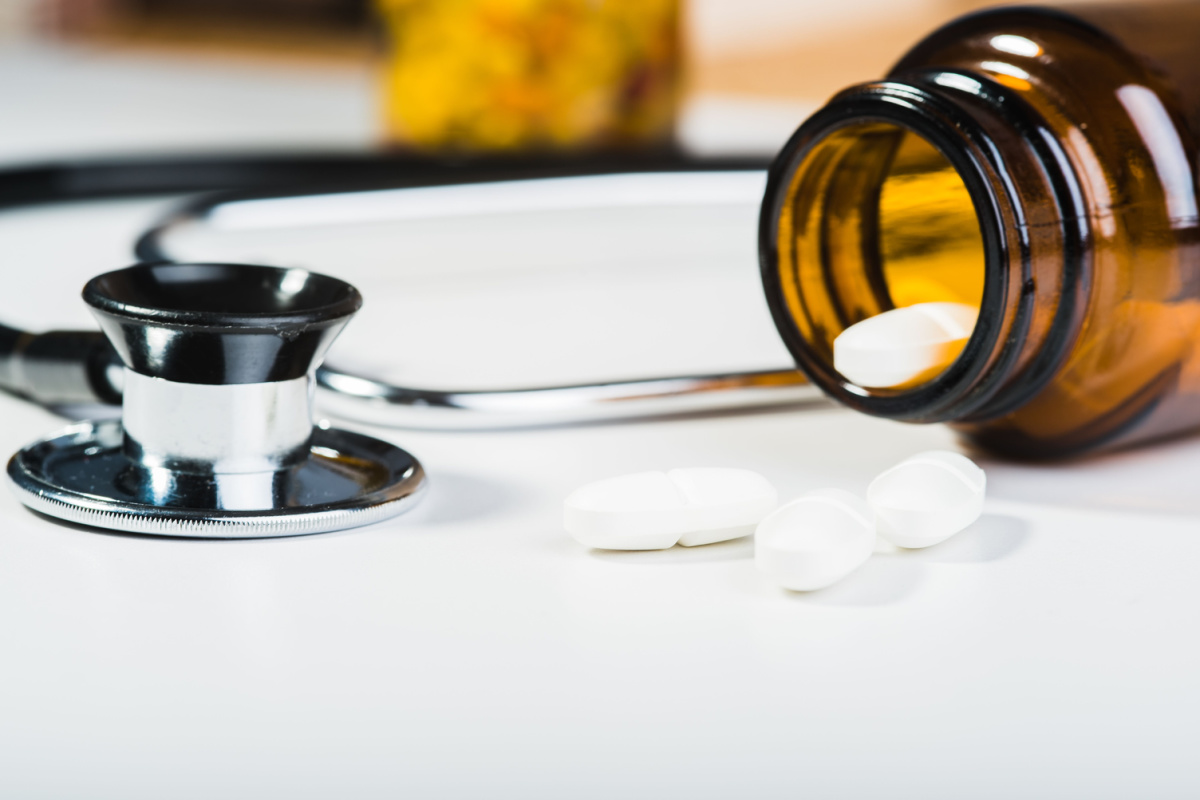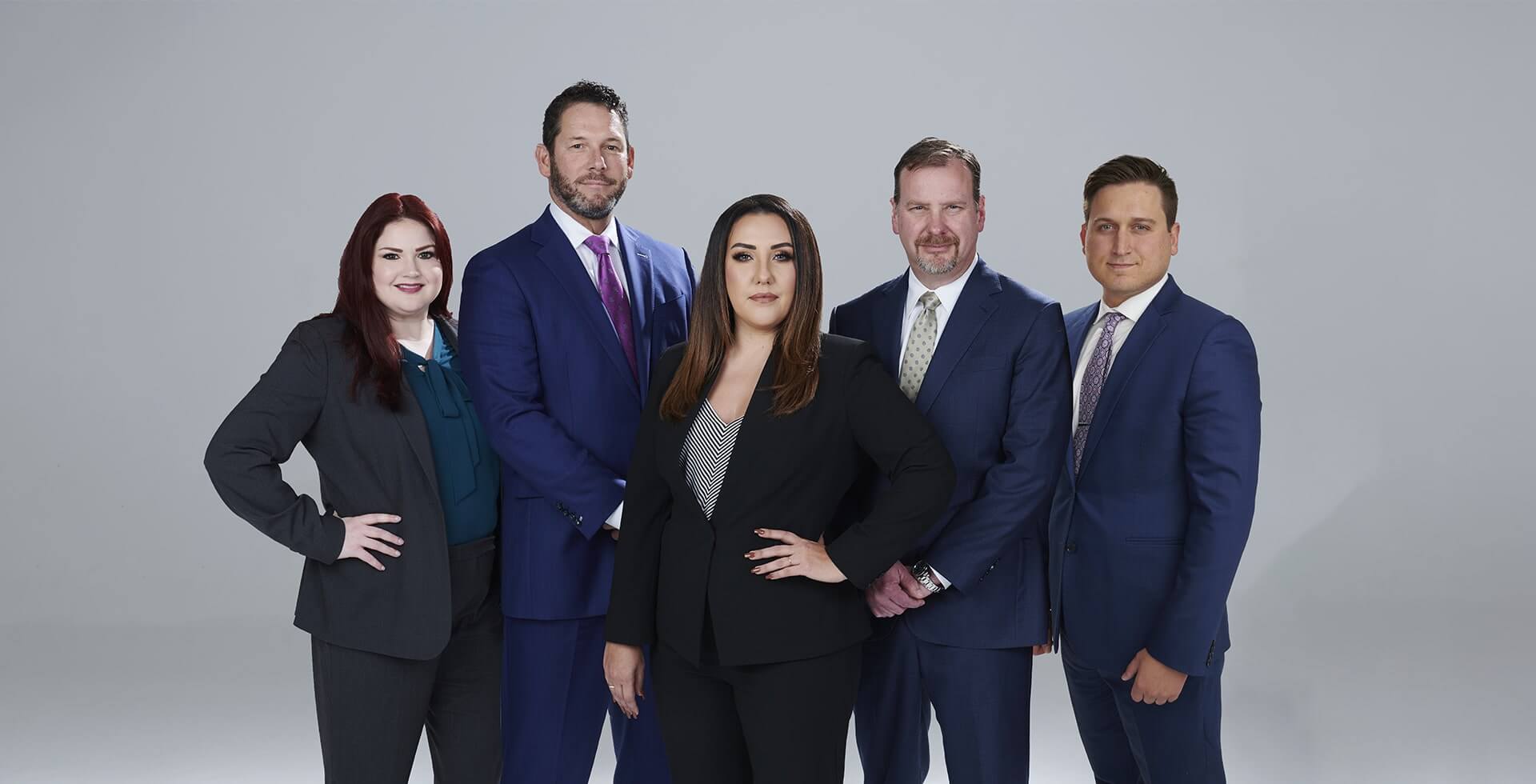
Novo Nordisk and Eli Lilly, known for their significant revenues from GLP-1 diabetes and obesity medications, are preparing to defend against legal actions brought by recent consumers.
One particular case involves a woman from Louisiana who has filed a lawsuit against both pharmaceutical companies. She asserts her consumption of Novo’s Ozempic (semaglutide) and Lilly’s Mounjaro led to excessive vomiting, resulting in the loss of some of her teeth.
At 44, Jaclyn Bjorklund, who took Ozempic for over a year before switching to Mounjaro, accuses these companies of neglecting to alert consumers about the “serious gastrointestinal events” potentially triggered by the administered dangerous drugs.
From a legal perspective, pharmaceutical companies have significant responsibilities to ensure their products are safe and effective. These responsibilities include conducting proper research and testing before releasing a drug to the market. Any failure to perform adequate testing can lead to harmful side effects for consumers. In addition to testing, pharmaceutical companies must also adhere to specific labeling requirements, providing clear and accurate information about potential risks and proper usage. Failure to comply with these regulations might result in legal action if consumers are harmed by a defective or mislabeled drug. Furthermore, these companies must monitor their products once on the market to detect any unforeseen side effects and take appropriate action if necessary.
Initiating a defective drug lawsuit involves several key steps. First, a person who believes a drug has caused harm must gather all relevant medical records and evidence related to injuries or illnesses caused by the drug. Next, documenting every interaction with healthcare providers about symptoms and treatments can be vital. After collecting all necessary information, identifying parties responsible for producing or distributing the defective drug comes into play. Sometimes, connecting with other individuals affected by the same drug might be beneficial to build a stronger case. Finally, filing a legal complaint with the appropriate court sets the lawsuit in motion. It’s worth noting each step must be handled with care and precision, as errors or omissions may complicate matters later in the legal process.
Proving liability in defective drug cases requires a clear demonstration of how the drug was defective and the specific harm it caused. Three main elements often need to be established. First, it must be shown the drug was indeed defective, either in design, manufacturing, or marketing. Second, a direct link between the drug’s defect and the injury or illness must be proven. This connection ensures the defective drug, and not another factor, which caused the harm. Third, evidence of actual harm, such as medical records, witness testimonies, or expert opinions, must be presented. Establishing these elements might involve collecting various types of evidence and working with medical experts who can testify about the drug’s effects.
In defective drug lawsuits, evidence and documentation play vital roles in building a strong case. To prove a drug was defective and caused harm, various types of evidence are needed. Medical records can provide detailed information about the injury or illness, while photographs may show physical effects. In some instances, experts might examine the drug to find the defect, and their findings become a critical part of the evidence. Documentation like sales receipts or prescriptions can prove purchase and usage of the drug. Any correspondence with pharmaceutical companies or healthcare providers regarding the defective drug may also be valuable. Gathering a wide array of evidence and organizing it properly helps create a compelling argument in court. Without solid evidence and clear documentation, arguing a pharmaceutical product was defective and caused harm becomes a far more challenging task.
When faced with defective drug lawsuits, pharmaceutical corporations often employ several common defenses. One such defense is arguing the plaintiff misused the drug, thus causing the harm rather than a defect in the drug itself. Another defense might be asserting the plaintiff had pre-existing conditions, making it difficult to establish a direct link between the drug and the harm. Some companies also claim having fully complied with regulatory requirements and all potential side effects were adequately disclosed in the product’s labeling. By emphasizing all necessary warnings were provided, they attempt to shift responsibility to consumers. Furthermore, companies might challenge the credibility of expert witnesses or the validity of scientific evidence presented.
Regulatory oversight in drug manufacturing is an essential aspect of ensuring pharmaceutical products are safe and effective. Agencies such as the Food and Drug Administration (FDA) set strict guidelines and standards for drug development, testing, and marketing. Before a drug can enter the market, it must go through rigorous testing phases to determine its safety, efficacy, and potential side effects. Any violation of these standards can lead to penalties or legal actions against the responsible company. Additionally, these regulatory bodies conduct inspections of manufacturing facilities to ensure compliance with quality control protocols and good manufacturing practices. Monitoring continues even after the drug has been released to the market to detect any unforeseen issues or adverse effects.
Expert witnesses play a significant role in pharmaceutical litigations, often providing essential insights and opinions to support a case. These experts typically have specialized knowledge in areas such as pharmacology, toxicology, or medicine, allowing them to analyze complex issues related to defective drugs. They may evaluate the drug’s design, the adequacy of warnings, or the causal connection between the drug and an injury or illness. In court, expert witnesses present their findings, explaining scientific principles and technical details in a manner understandable to judges and jurors. By interpreting complex data and linking it to the legal aspects of a case, these experts can assist in establishing liability or defending against allegations. Expert witnesses provide valuable support, helping to bridge the gap between scientific understanding and legal proceedings in pharmaceutical litigations.

Settlement strategies in defective drug lawsuits can offer both advantages and disadvantages. On the positive side, a settlement may provide a quicker resolution to a case without the uncertainty and expense of a full trial. It often results in a guaranteed compensation amount for the injured party, even if it might be less than what could potentially be won in court. On the downside, accepting a settlement means giving up the right to pursue further legal action related to the claim. Additionally, settlement amounts may not always fully cover the long-term costs associated with an injury or illness caused by a defective drug. Some argue settlements allow pharmaceutical companies to avoid public scrutiny, as details of the case may remain confidential. Weighing these pros and cons helps in determining the best course of action in a defective drug lawsuit.
If you are dealing with a defective drug case, contact us or call us at 918-359-6600 today for a free consultation.

When injury victims need a law firm with a reputation for excellence, turn to Graves McLain Injury Lawyers. We are a top-rated personal injury firm determined to be the best. With decades of award-winning representation, our clients recover the compensation they need to put their lives back together.